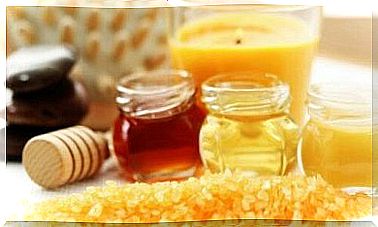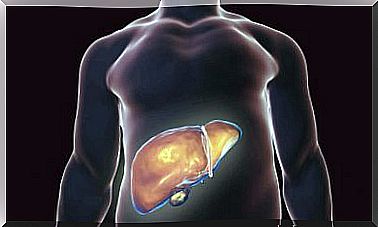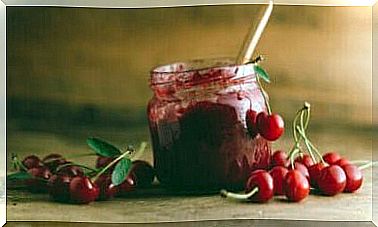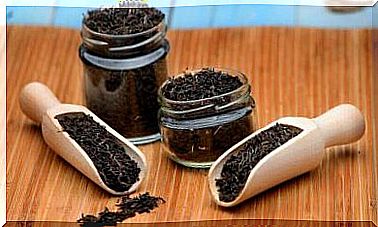Four Foods Rich In Melatonin
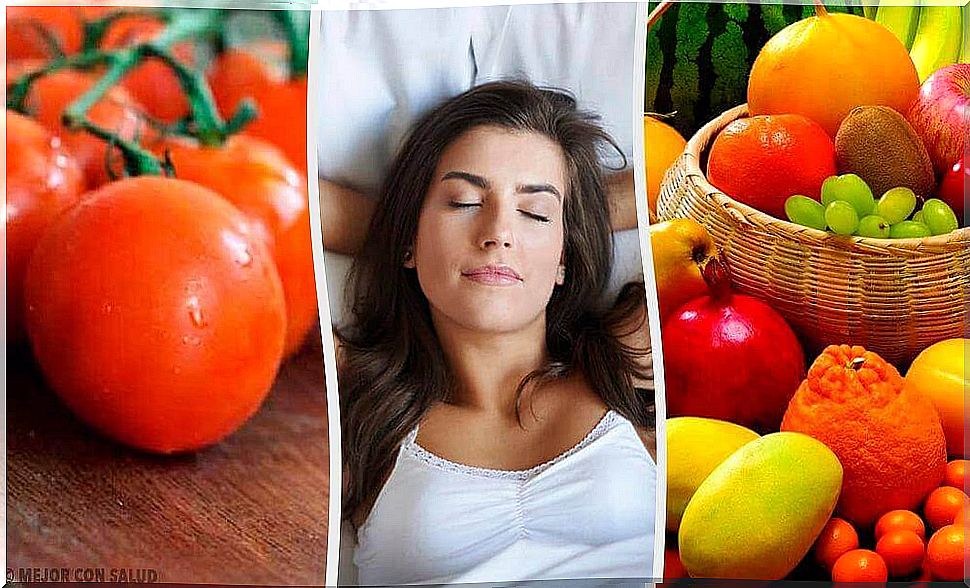
Do you ever have trouble falling asleep? You may need to include more foods rich in melatonin in your diet.
Today, melatonin is recommended as a natural supplement to improve sleep patterns and combat the nasty effects of jet lag. You can buy capsules of this hormone in many drugstores. However, you can also include foods rich in melatonin in your diet.
What exactly is melatonin?
Melatonin is a hormone that regulates your biological day and night rhythm. The human body naturally synthesizes small amounts of melatonin in the pineal gland. Once released into the bloodstream, the hormone tells your body the rhythm to follow throughout the day.
Melatonin production decreases with age. Therefore, babies often sleep for many hours a day, while older adults may have trouble sleeping.
In addition to regulating sleep, melatonin is also important for strengthening the immune system. Eating foods rich in melatonin usually improves the body’s natural defenses, especially in the elderly and children.
Benefits and indications of melatonin

The controlled consumption of melatonin can help prevent various diseases, strengthening the immune system and slowing the aging of cells. For older adults, regulating this hormone usually means a better quality of life and also a longer lifespan.
This hormone is also an important ally for people who regularly travel to countries in other time zones. It helps regulate metabolism and promotes adaptation. In addition, it can prevent symptoms such as:
- fatigue
- headache
- excessive sleepiness
A melatonin deficiency can cause severe insomnia or sleep problems in adults and children. Therefore, the use of melatonin supplements is highly recommended as a natural hormone replacement.
As if that weren’t enough, the so-called sleep hormone is also used to treat and prevent the following conditions:
- preventing and treating withdrawal symptoms in people who have just stopped smoking.
- ADHD.
- movement disorders such as tardive dyskinesia.
- osteoporosis and severe loss of muscle mass.
- chronic fatigue syndrome (CFS).
- fibromyalgia.
- epilepsy.
Contraindications and things to watch out for
Before taking any new supplement, whether natural or chemical, it is important to talk to your doctor beforehand. Remember that taking an excessive amount of any substance, including hormones and vitamins, can cause imbalances in your body and harm your health.
You should also talk to your doctor about the best recommended daily dose for you. Remember that an adult can take up to 700 mg of melatonin per day. Too much of this hormone can cause kidney and liver damage and can also lead to poisoning.
Pregnant and breastfeeding women and those taking antidepressants or steroids should not take melatonin supplements. In addition, patients suffering from diabetes, allergies and other illnesses should also avoid taking melatonin supplements.
Four foods rich in melatonin
Melatonin occurs naturally in many plant foods. Below we tell you the best natural sources of this hormone to supplement your diet in a natural way.
Dried fruits and nuts
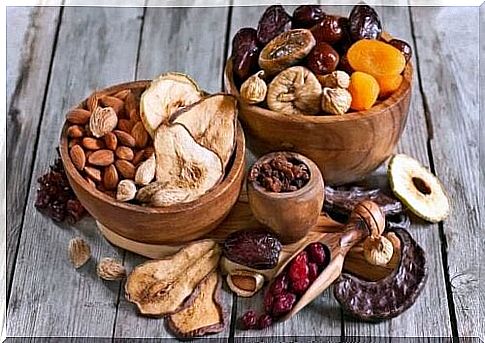
Dried fruits and nuts contain about 3.5 mg of melatonin per 100 grams. In addition, nuts also contain ‘good fats’, such as omega 3 and 6 fatty acids, but also:
- protein
- minerals
- vitamins
tomatoes
This vegetable also provides a moderate dose of melatonin and is also rich in:
- lycopene
- antioxidants
- vitamins A and C
- iron
- potassium
Cereals
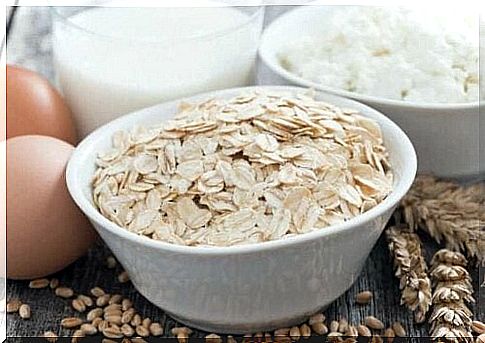
Grains like rice, corn and oats help you fall asleep because they contain a good amount of melatonin. They are also excellent plant sources for:
- carbohydrates
- vitamins
- minerals
Fruit rich in melatonin
Fruits are also excellent sources for many vitamins and minerals. If you want to include melatonin in your diet, you should eat bananas and cherries regularly. People who suffer from diabetes should not eat too much fruit because it contains a lot of fructose (a type of natural sugar).



